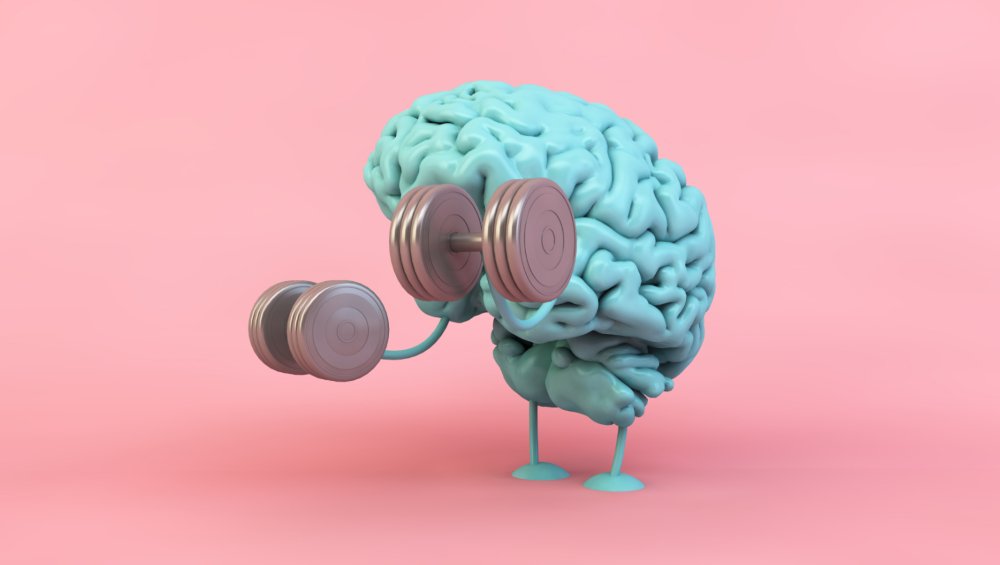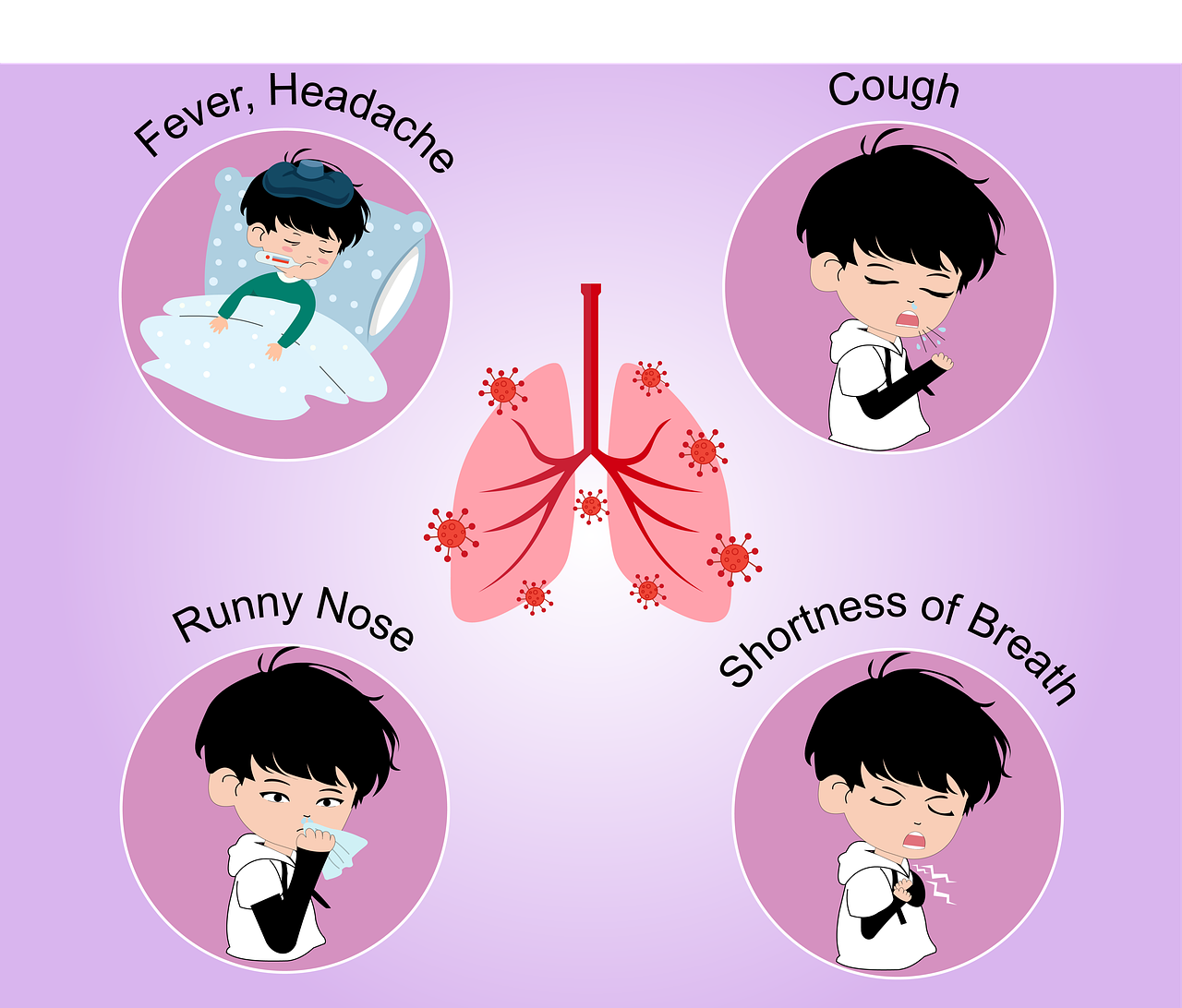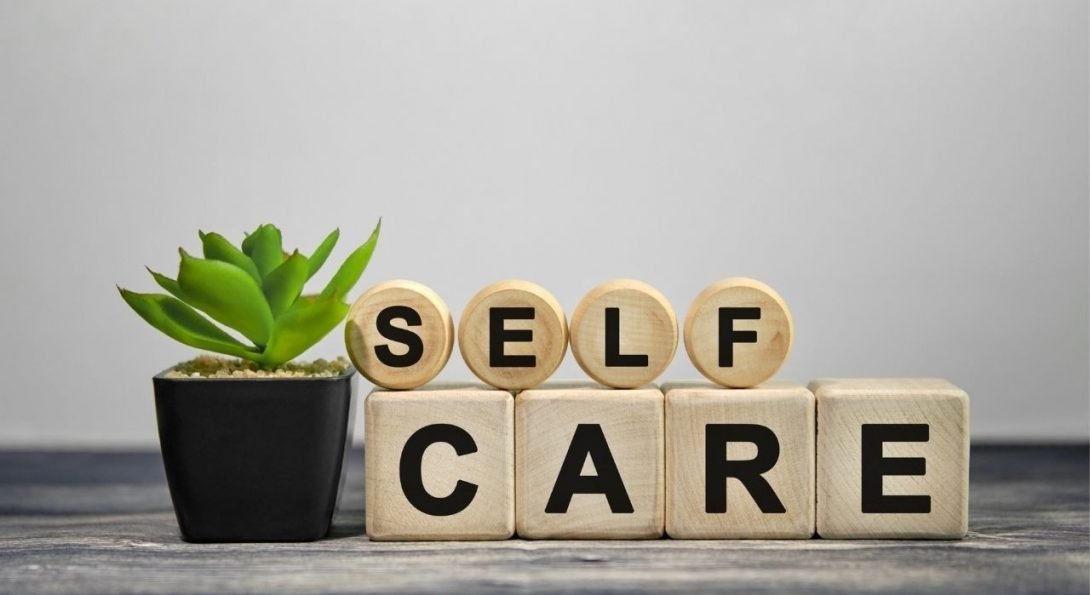Mental fitness is essential for long-term health and well-being. Achieving mental fitness involves implementing strategies to stay healthy and engaged, while also keeping an eye out for signs of mental strain or distress. Knowing the signs of mental ill-health is the first step in actively taking steps to prevent mental health issues from escalating. Taking care of your mental health is just as important as physical health — and it’s important to know that good mental health doesn’t come naturally or overnight. It takes effort and time, but the rewards are worth it.
What is Mental Fitness?
Mental fitness is a term that is used to describe the process of looking after your mental health and well-being. It involves actively taking steps to ensure you stay mentally healthy and to recognize when you’re feeling under pressure or in need of help. Mental fitness is about having a positive outlook on life and believing that you are in control and capable of managing your own well-being. It involves developing strategies to help you identify and process your feelings, how to cope with the various challenges life throws at you, and how to find sources of support when you need them.
Strategies for Mental Fitness
1) Connect with Others
Establishing and maintaining meaningful connections with other people is important for our emotional well-being. Whether it’s an old friend, a family member, a neighbor, or a colleague, surrounding yourself with people who are supportive and understanding helps to create a safe, positive space for us to share our worries and feelings. When we have strong connections, it helps to boost our sense of ourselves and encourages us to reach out for help or support when needed. Get in touch with people who know you well and who can provide emotional support when needed.
2) Exercise Regularly
Exercise releases endorphins and hormones that can reduce stress, lift your mood and give you a sense of well-being. Being physically active is a great way to channel any negative feelings and distract from any worries or concerns. Regular exercise also helps to build physical strength and stamina, which improves our self-confidence and boosts our self-esteem. Making time for yourself to exercise and establish an active routine is a great way to make sure you stay mentally fit.
3) Take Time for Yourself
We all need time for ourselves to relax and enjoy time away from any external pressures. Taking a break from time to time helps to ensure that we don’t become overwhelmed and burnt out and it gives us space to reflect on our thoughts and feelings. Whether it’s taking a few minutes out for yourself each day or booking a weekend away — make sure you find ways to switch off and give yourself a much-needed break.
4) Find Healthy Coping Strategies
As some of our mental health concerns aren’t going to go away overnight, it’s important to learn how to effectively manage our feelings. Developing healthy coping strategies to process our worries and concerns, as well as identifying the triggers, gives us back some sense of control and can help to reduce feelings of stress and distress. It’s important to recognize these strategies aren’t quick fixes but are valuable tools to support our mental well-being in the long term.
5) Develop Gratitude
We are all guilty of focusing on the negatives at times, so it’s important to recognize the positives — even in difficult times, there are still things that we can be grateful for. Taking time out of our day to reflect on the good things, rather than the bad, helps to shift our perspectives and encourages us to focus on the positive changes that we can make. Keeping a gratitude journal or noting down three things you are grateful for each day can help to foster a more positive outlook on life.
6) Nourish Your Mind
Mental fitness isn’t just about having good mental health — it’s also about nourishing the mind. This could involve reading books, listening to podcasts, or playing cognitively stimulating games. Taking time out to engage in activities that inspire, inform and promote creativity helps nourish our mental well-being and keeps our minds active.
7) Seek Professional Help
If self-help strategies aren’t enough or symptoms continue to persist, then it’s important to seek professional help. Finding the right professional for support is an important step in addressing any mental health concerns. For some people, seeing a psychologist or counselor is important, but for others, cognitive behavior therapy (CBT) or other courses of talking therapies can be more suitable. Your local GP can provide advice and signpost you in the right direction for any support you may need.
Conclusion:
Mental fitness is essential for long-term health and well-being — but it’s important to remember that it’s not something that happens overnight. Taking care of your mental health requires effort, but if you put the effort in, the rewards can be great. Working to develop good mental fitness is vital in order to create a safe, positive environment where you don’t feel overwhelmed or under pressure. So, take the time to nourish your mind, find healthy coping strategies, practice gratitude, and connect with friends and family. The strategies above can help you build emotional strength and create a greater sense of control over your well-being. So, don’t be afraid to seek assistance if you need it — but know that with a bit of proper care, you can become truly mentally fit.










